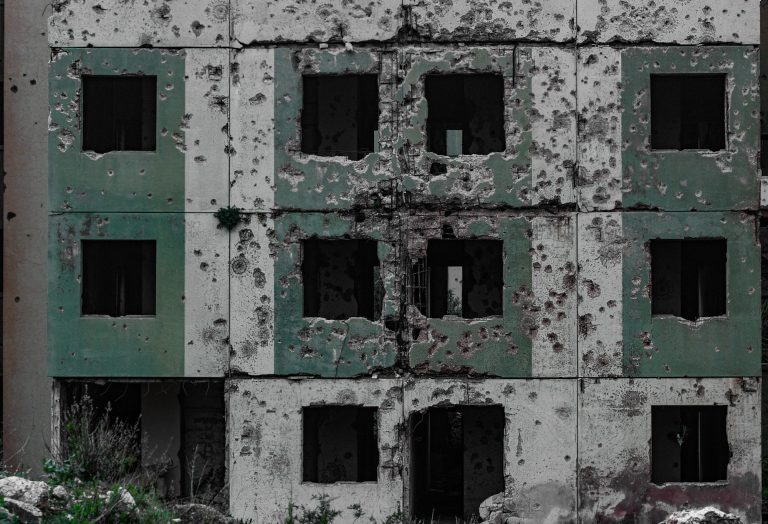Cedar Centre For Legal Studies
Press Release
Enforced Disappearances in Lebanon: A Call for Justice and Accountability
Normal 0 false false false EN-US X-NONE AR-SA /* Style Definitions */ table.MsoNormalTable {mso-style-name:"Table Normal"; mso-tstyle-rowband-size:0; mso-tstyle-colband-size:0; mso-style-noshow:yes; mso-style-priority:99; mso-style-parent:""; mso-padding-alt:0in 5.4pt 0in 5.4pt; mso-para-margin-top:0in; mso-para-margin-right:0in; mso-para-margin-bottom:8.0pt; mso-para-margin-left:0in; line-height:107%; mso-pagination:widow-orphan; font-size:11.0pt; font-family:"Calibri",sans-serif; mso-ascii-font-family:Calibri; mso-ascii-theme-font:minor-latin; mso-hansi-font-family:Calibri; mso-hansi-theme-font:minor-latin; mso-bidi-font-family:Arial; mso-bidi-theme-font:minor-bidi;}
Normal 0 false false false EN-US X-NONE AR-SA 30/08/2024

30 August 2024
On the UN International Day of the Victims of Enforced Disappearances, the Cedar Centre for Legal Studies (CCLS) firmly addresses the ongoing issue of enforced disappearances in Lebanon and their devastating impact on victims and their families.
Context and International Efforts
During the civil war between 1975 and 1990, Lebanon endured fifteen years of conflict involving the various militias, foreign forces, and their local proxies. Enforced disappearances were widespread during this period, especially in the early years of the wars, where kidnappings and abductions often resulted in the disappearance of victims. Civilians were frequently targeted, being abducted at checkpoints, in the streets, or from their homes. Today, nearly 17,000 people remain missing as a result of the Lebanese Civil War, with women and girls being particularly affected. Enforced disappearance, as defined by the UN, involves the arrest, detention, or abduction of persons by state agents or groups acting on behalf of the state, followed by a refusal to acknowledge the person’s fate or whereabouts, placing them outside the protection of the law.
The UN Working Group on Enforced or Involuntary Disappearances, established in 1980, plays a crucial role in assisting families worldwide in determining the fate and whereabouts of their disappeared relatives. It also serves as a communication channel between families, reporting sources, and the concerned governments. Since 1975, the UN Working Group has recorded 311 outstanding cases of enforced disappearances within its mandate in Lebanon, underscoring the ongoing relevance and urgency of addressing these issues.
To address the legal obligations associated with enforced disappearances, the Lebanese Government issued a law in 1995, after the civil war, allowing families of the missing and forcibly disappeared to declare their relatives dead. This law aimed to facilitate legal procedures related to inheritance, property, and marriage for surviving families but was criticized for not providing for an investigation into the fate of the disappeared and missing persons.
In a step towards addressing these issues, Lebanon signed the International Convention for the Protection of All Persons from Enforced Disappearance on February 6, 2007, although it has not yet ratified it. The Lebanese Parliament later ratified Law 105/2018 on the Missing and Forcibly Disappeared. This law is a significant step towards fulfilling the right to know and addressing the issue of the missing and forcibly disappeared from social, legal, and economic perspectives. Based on this law the National Commission for the Missing and Forcibly Disappeared is born. The Commission aims to determine the fate of victims, inform their families, establish reparation mechanisms, and end the phenomenon of enforced disappearance.
In Lebanon, nowadays, Lebanese and non-Lebanese are still facing enforced disappearances Therefore, since 2023, the CCLS has actively worked to address new cases of enforced disappearance and submitted 12 complaints to the Public Prosecutor of the Cassation Court. These cases have been referred as well to the UN Working Group on Enforced or Involuntary Disappearances.
Accordingly, the inadequate response of the Lebanese authorities to these ongoing violations underscores the limitations of the existing legal framework and the need for more vigorous implementation of Law 105/2018. This reflects the urgency of robust legal action and accountability to protect vulnerable populations from state and non-state actors’ unlawful practices.
Recommendations
To address the ongoing issue of enforced disappearances, we recommend the following actions:
- Ratify the International Convention for the Protection of All Persons from Enforced Disappearance.
- Implement International Humanitarian Law to protect civilians during conflicts, ensuring that enforced disappearances and other violations of human rights are prevented and addressed.
- End all enforced disappearances by state and non-state actors and ensure compliance with Law 105/2018.
- Activate the National Commission for the Missing and Forcibly Disappeared to fully fulfil its mandate, including investigating mass graves and conducting DNA testing.
CCLS remains committed to seeking truth and justice for the victims of enforced disappearances in Lebanon.
